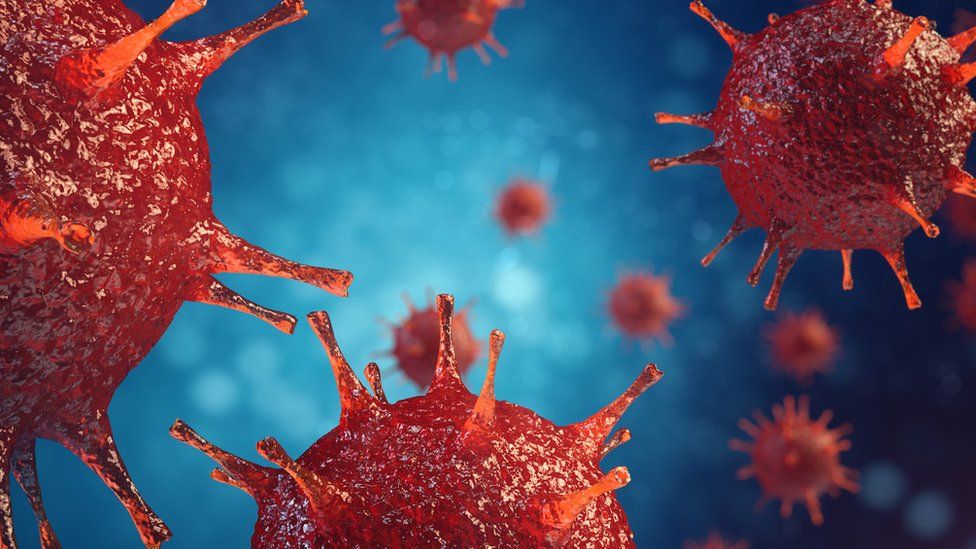
India is making significant strides in the battle against cancer with the introduction of an indigenously developed CAR-T cell therapy, offering a glimmer of hope for effective and affordable treatment. The Central Drugs Standard Control Organisation (CDSCO) has recently approved this groundbreaking therapy for commercial use, marking a major milestone in cancer care.
The first patient to benefit from this innovative treatment is Dr. (Col) VK Gupta, a gastroenterologist from Delhi, who was declared “cancer-free” after undergoing the therapy. Remarkably, the cost of treatment in India is a fraction of what patients would pay abroad, making it a game-changer for cancer care accessibility.
So, what exactly is CAR-T cell therapy? It’s a type of immunotherapy that involves modifying a patient’s T cells—a crucial part of the immune system—to better fight cancer. Scientists take T cells from the patient, engineer them in a lab to produce a special protein called a chimeric antigen receptor (CAR), and then put them back into the patient. These CAR-equipped T cells are now better able to find and destroy cancer cells.
India’s own CAR-T cell therapy, NexCAR19, was developed by ImmunoACT, a company incubated at the Indian Institute of Technology Bombay (IITB) in collaboration with Tata Memorial Hospital. It’s designed to treat B-cell cancers, such as leukemia and lymphoma, and is now available in over 30 hospitals across more than 10 cities in India. Patients over the age of 15 suffering from B-cell cancers are eligible for this promising treatment.
The development of NexCAR19 is a response to the urgent need for accessible cancer treatments in India, where nearly 1.6 million new cancer cases were diagnosed in 2023 alone. While new treatments are emerging, the high costs and severe side effects of therapies like CAR-T cell therapy have made them inaccessible to many. India’s CAR-T cell therapy aims to change this, offering a new hope for patients and their families in the fight against cancer.








































Leave a Reply